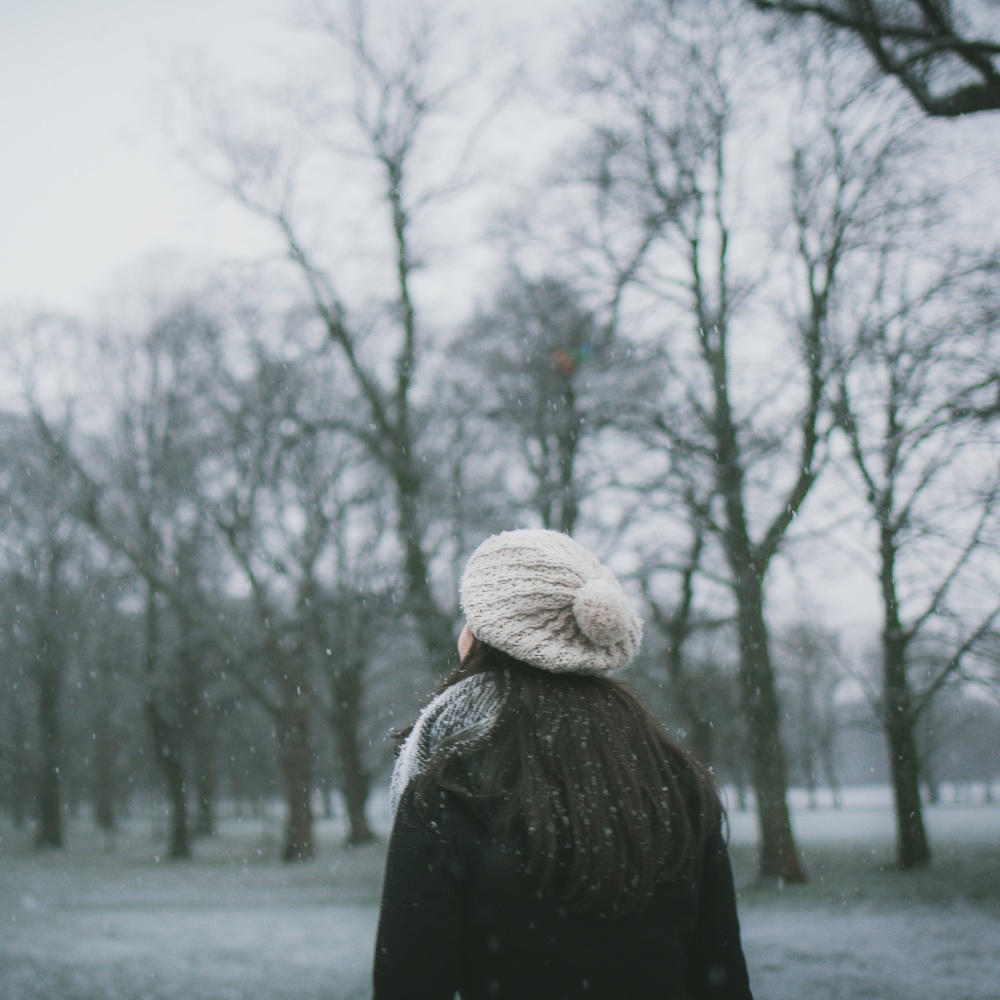It's nearly winter, which means saying hello to dark evenings, frosty morning and short days and with autumn already in full swing it's important that we take steps to adapt to winter correctly. The clocks go back on the 30th of October which means we get an extra hour in bed! But it also means our sleep patterns will be affected.

Winterproof your sleep ahead of the clocks changing
Sleep has a direct effect on our mood, which is why around this time of year one in 15 brits suffer from SAD (Seasonal Affective Disorder) which makes winter difficult, sufferers find themselves feeling irritable sleepy and in a low mood.
It's important to make changes to your lifestyle that hep the transition into winter more enjoyable but also relieve those 'winter blues'.
Here are some tips from Silentnight's sleep expert Dr Nerina Ramlakhan that will help winterproof both your mood and your sleep.
Exercise
Winter can be the excuse we all use to get out of exercising, but it is important to keep active to boost your mood! It reduces stress and also aids sleep which means you will be more refreshed for the day ahead.
Get outside
Get outdoors, it may be cold and frosty but it's worth it. Sunlight stimulates the release of the hormone serotonin which makes us happy and as the sun tends to disappear more often in winter it's important to get as much exposure as possible. Maybe exercise outside, or go for a half an hour walk on your lunch break. Put on your best coat, hat, scarf and woolly mittens and get out there.
Eat Well
It's important to remember to eat a balanced diet, winter brings hearty food which can be healthy but most of us reach for convenience in the shorter days. A balanced diet helps with our sleep, don't eat a heavy meal right before you go to sleep as it can leave you feeling bloated and uncomfortable therefore affecting your sleep.
Take a nap
Feeling lethargic during the day is a common symptom of Seasonal Affective Disorder, but learning how to take a power nap can help. This nap should be between 10 and 20 minutes when you feel sleepy or find yourself losing concentration.
Limit your Tech exposure
Let your brain switch off, avoid social media and email for at least 90 minutes before bedtime. Let yourself relax, read a book or listen to music. Draw a nice bubble bath with some essential oils, lavender is great for relaxation. This will help you get a good night's sleep but also ease anxiety.
Research from Silentnight
Tagged in Health Sleep Winter Health

